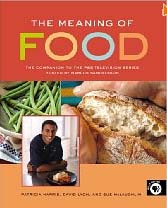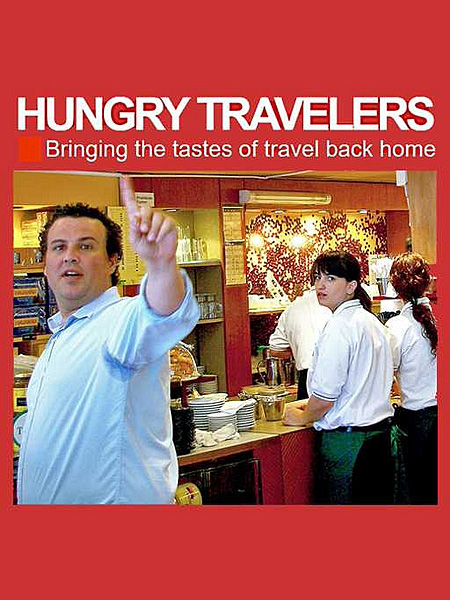 Ever since the Atlantic Monthly published contributing editor B.R. Myers’ screed ”The Moral Crusade Against Foodies” in the March issue, insults and calumnies have been flying back and forth on the Web like mashed potatoes in a cafeteria food fight.
Ever since the Atlantic Monthly published contributing editor B.R. Myers’ screed ”The Moral Crusade Against Foodies” in the March issue, insults and calumnies have been flying back and forth on the Web like mashed potatoes in a cafeteria food fight.
The gist of Myers’ argument is that to be a foodie is to be a glutton. When he insists that foodies have ”a littleness of soul,” he reminds us of the New Yorker who went deer hunting in Maine, shot a farmer’s cow, and pronounced that he preferred beef anyway. Myers picked some easy targets (Anthony Bourdain’s ”oafishness,” Michael Pollan’s ”sanctimony”) and knocked them over—but so what? Even Bourdain, Pollan, et al. should be pleased. Myers’ excoriation might even sell a few more books.
We actually feel a twinge of sorrow for Myers, a professor of international studies at Donseo University in Busan, South Korea, who has not a word of pleasure or joy to say about eating. Yet we would like to take his ”foodie” target off our backs, lest we too wind up like the farmer’s cow. (We like this metaphor precisely because Myers is a hardcore vegan who finds meat an abomination.)
A few years ago we collaborated on the book version of The Meaning of Food, the amazing PBS television series produced by Sue McLaughlin. We were attracted to the project because we shared her vision of what food means in human culture and relations. In the preface she wrote, ”Like all animals, we eat to survive. But as humans, we transform simple feeding into the ritual art of dining, creating customs and rites that turn out to be as crucial to our well-being as are proteins and carbohydrates.”
Food is culture, and that’s why we like to eat local as we travel. When we try to recreate some of those flavors at home, we’re honoring the people we met and the cultures we visited. It’s all about the experience. Being fluent in food matters doesn’t make us gluttons any more than being fluent in Korean makes Myers Korean, even if he does teach there. So if Myers gets to define ”foodie,” then we’ll happily go without the label.
And we guess we won’t ask him where to go for bulgoki in Busan.

Anyone who reads and understands what Myers wrote will see that you both miss his point and prove it. It is telling that the only occurrence of the word “moral” in your article is in the title of Myers’ article. You don’t use the word because, apparently, it’s not relevant to the discussion for you, though it is in fact the true gist of Myers’ article. Myers writes about people who seem to relish tearing animal bodies apart, who eat endangered birds for the novelty of it, who refer to a pig who endured a long and tortuous struggle against those slaughtering him “a filthy beast deserving of its fate.” He describes people so obsessed with food that it crowds out their concern or interest for anything else… for intelligent discussion, arts, others beings, the health of the planet.
It’s telling that you criticize Myers for “not having a word of pleasure or joy to say about eating.” Whether he takes no pleasure or great pleasure in food is not even to be guessed from this article, because he never touches on that. But of course a foodie by Myers’ definition would think that the single most important focus in any context. Maybe you are actually just the kind of foodies he’s talking about, and can’t even recognize that about yourselves. That almost makes me feel ‘a twinge of sorrow’ for you.
Dear Rachel,
We really do appreciate the comments, and we’re pleased that you stumbled onto Hungry Travelers. We hope you will keep coming back to read more. Our aim is to write (and comment) about the simple, everyday pleasures of meeting people around the world at the table and learning about them through the foods that we share.
In truth, we are as repulsed as Myers at many of the extreme examples he chooses. Unfortunately, he seems to have undermined his own argument by resorting to an ad absurdam rhetoric that paints normal omnivorousness with the colors of pathological blood lust.
Amusing riposte to Meyers’ screed from our grass-fed beef blog: http://www.estanciabeef.com/news/foodie-foofaraw-atlantic-monthly